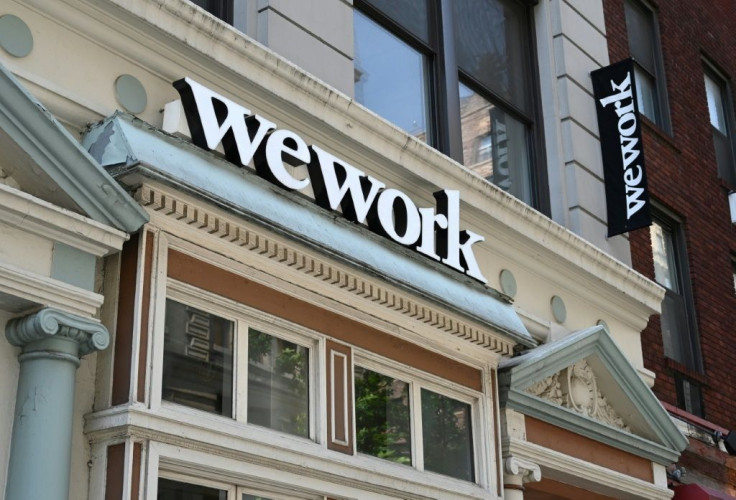WeWork Layoffs 2019: 5,000 To Lose Jobs Following Cancelled IPO

Employees of shared workspace firm WeWork will be the first to feel the pain from the company's suspended IPO with at least 5,000 expected to lose their jobs in the coming months. The massive number constitutes a third of WeWork's total workforce of 15,000 persons.
Analysts noted the layoffs, while devastating to the fired employees, are a logical next step for WeWork, which still has to convince skeptical investors it can make money. The IPO is now contingent on WeWork proving its new leadership has a clear path and a clear plan to attain profitability.
WeWork shelved its IPO on Sept. 30 amid growing investor skepticism about the company's capability to operate as a profitable business given the "crazy" governance of former CEO Adam Neumann. In its IPO filing, Neumann said “Our mission is to elevate the world's consciousness. Philosophically, we believe in bringing comfort and happiness to the workplace.”
Neumann was forced to step down as CEO in a shareholder revolt. He was replaced by co-CEOs, Artie Minson and Sebastian Gunningham. Neumann, however, has been designated the company’s non-executive chairman.
The stalled IPO was to have raised some $20 billion for WeWork. The loss of this massive sum deprives WeWork of the money it needs to pursue its aggressive but expensive growth strategy. This strategy mandates the continuous acquisition of properties around the world to fuel revenue growth.
WeWork, which was valued at around $47 billion before the IPO delay, is spending $2.8 billion annually in its pursuit of revenue growth but only has $2.5 billion in cash on hand. WeWork spent $198.7 billion during the first half of this year to fund its operations, which was a lot more money than it earned.

WeWork is in talks with JPMorgan Chase for a desperately needed last-minute cash infusion to replace the capital expected from the postponed IPO. It's also implementing cost-cutting initiatives -- including the huge layoffs -- and plans to sell several of its acquisitions.
Among the properties on the chopping block are Managed by Q (a workspace management platform) and Meetup (a service that organizes online groups hosting in-person events for people with similar interests).
Minson and Gunningham said WeWork suspended its IPO to “focus on our core business, the fundamentals of which remain strong.”
WeWork's core business includes leasing buildings and dividing them into office space it rents out to members. Most of these members are startups, freelancers and small business owners that can't afford permanent office space. A growing number of members are large firms such as Microsoft that find it more suitable to rent from WeWork rather than build their own buildings.
WeWork is now expected to go public in 2020 at valuation of a mere $10 billion.
© Copyright IBTimes 2024. All rights reserved.





















